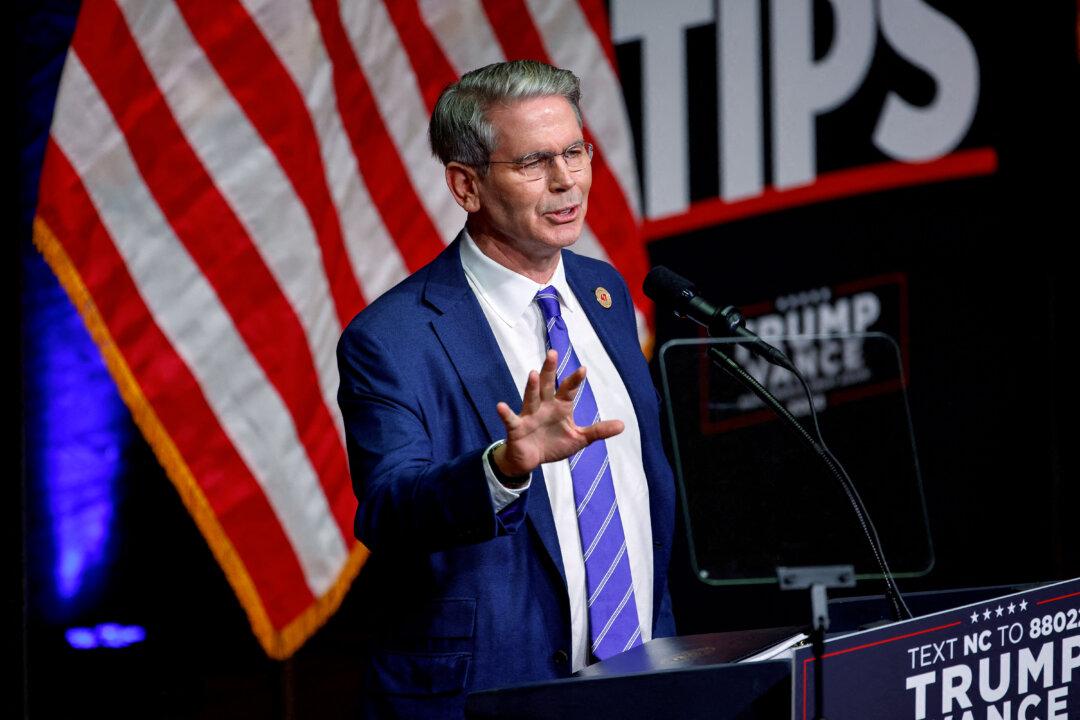Federal Reserve Chair Jerome Powell can complete the remainder of his term, says Scott Bessent, a Wall Street billionaire financier and President-elect Donald Trump’s nominee to lead the Treasury Department.
“As the president said on Sunday, and I’m in complete agreement with him, that Jay Powell will serve out his term,” Bessent told CNBC on Dec. 10.





